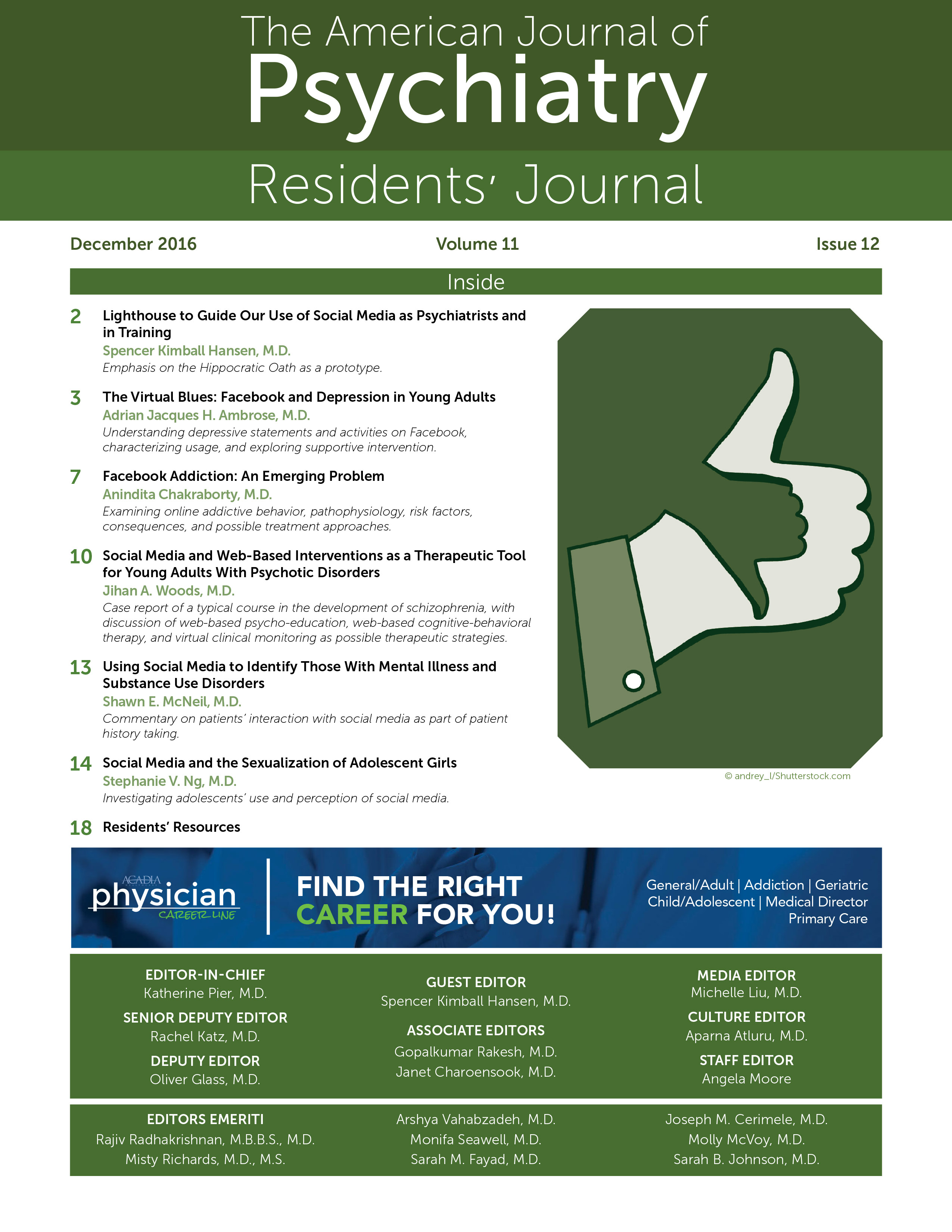The lighthouse, built on a sure foundation, guides ships away from danger, offering both orientation and safety. In psychiatry, and medicine generally, what serves as our own metaphorical lighthouse? What can offer us orientation and safety as we navigate through our training and career? I submit a lighthouse we can look to as the Hippocratic Oath.
When did you last need guidance in your training? Consider, for example, the impact of social media on psychiatry. Has social media affected your training, and if so, how? Have ethics been challenged by clinicians and/or patients using social media? Who do you turn to for advice on how to safely use social media: Your attending? Your program director? Your peers? Your patients? I suggest we can always turn to the Hippocratic Oath for direction.
If, for instance, our use of social media violates any tenets of the Oath, then we should alter course immediately in order to “do no harm.” Consider Hippocrates’ words:
“I will … never do harm to anyone …. [I will keep] myself far from all intentional ill-doing and all seduction …. All that may come to my knowledge … I will keep secret and never reveal …. [M]ay I enjoy my life and practice my art, respected by all … and in all times.” (
1)
Does how we are using social media align with the Oath we have all taken to “do no harm?”
When we question how to address the personal and interpersonal effects of social media on psychiatry, we will never go wrong by remembering our pledge to the Hippocratic Oath. We must be warm, sympathetic, and understanding if we take to social media to portray events at work. If we berate a fellow resident on Facebook, will that do harm to our own morale, that of the other trainee, or the program where he/she is employed? Might our comments steer away future residents from certain training programs or from the field of psychiatry?
We must exercise judgment and respect patient privacy by keeping information protected and secure. Any engagement with patients via social media must be gentle and honest. Hippocrates also said: “In every house … I will enter only for the good of my patient.” (
1). When we enter the virtual “house” of social media, we must remember that anything we post may directly or indirectly affect our patients and must therefore be done with great care.
By leading a life in accordance with the Oath we have taken, we will be using a lighthouse in a profession designed to protect and secure our patients from the storms of their virtual and actual lives.
Various medical organizations stipulate the proper use of social media by physicians. The guidelines are numerous, diverse, and sometimes inconsistent with each other. If we all use the Hippocratic Oath to guide our use of social media, we will pave an ethical course.
As Guest Editor for this issue of the Resident’s Journal, I am pleased to present the work of trainees writing about the impact of social media on psychiatry. Social media has implications for all of us and influences our patients on a daily basis. I hope this issue of the Journal will cause our readers to consider the many ways social media interacts with our patients and may be harnessed to modify our practice of psychiatry.
Acknowledgments
The author thanks Dr. Lannis L. Tynes for technical support and encouragement in this assignment as Guest Editor.
